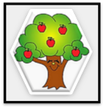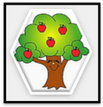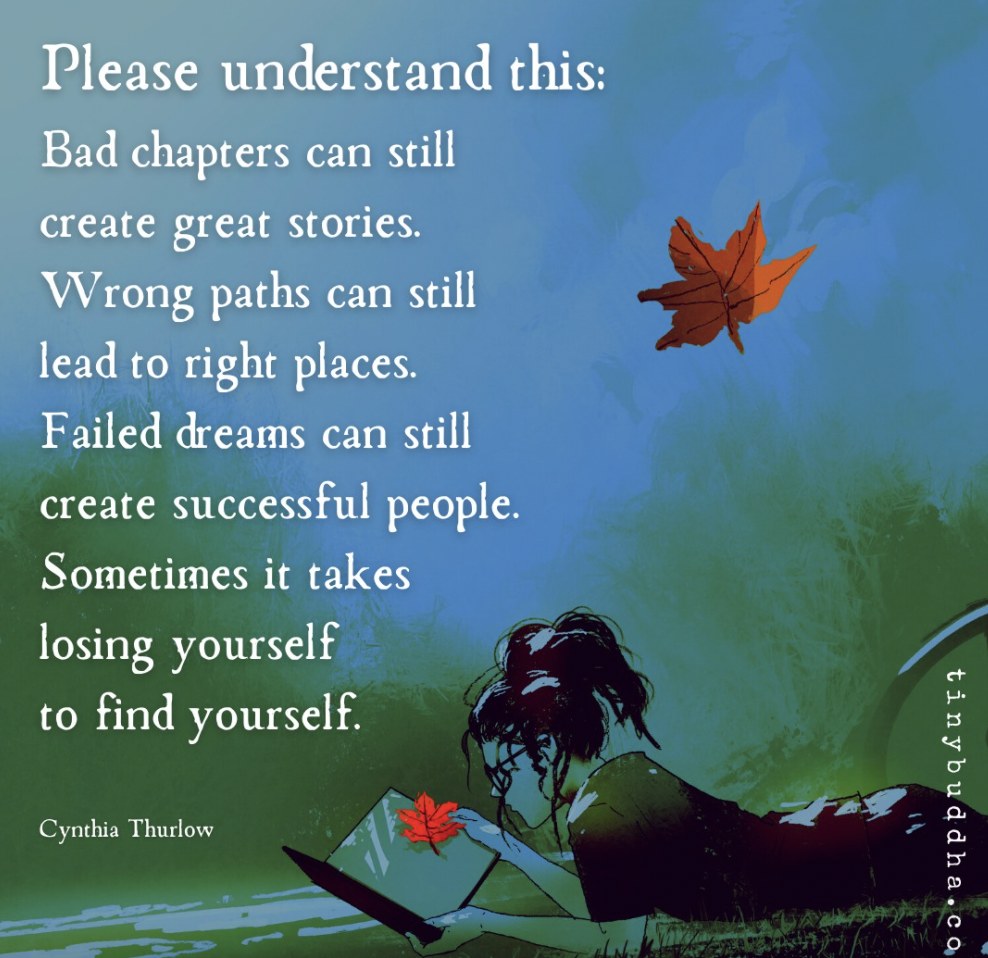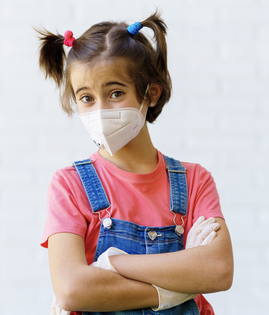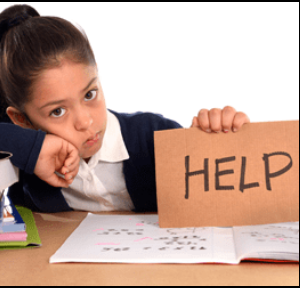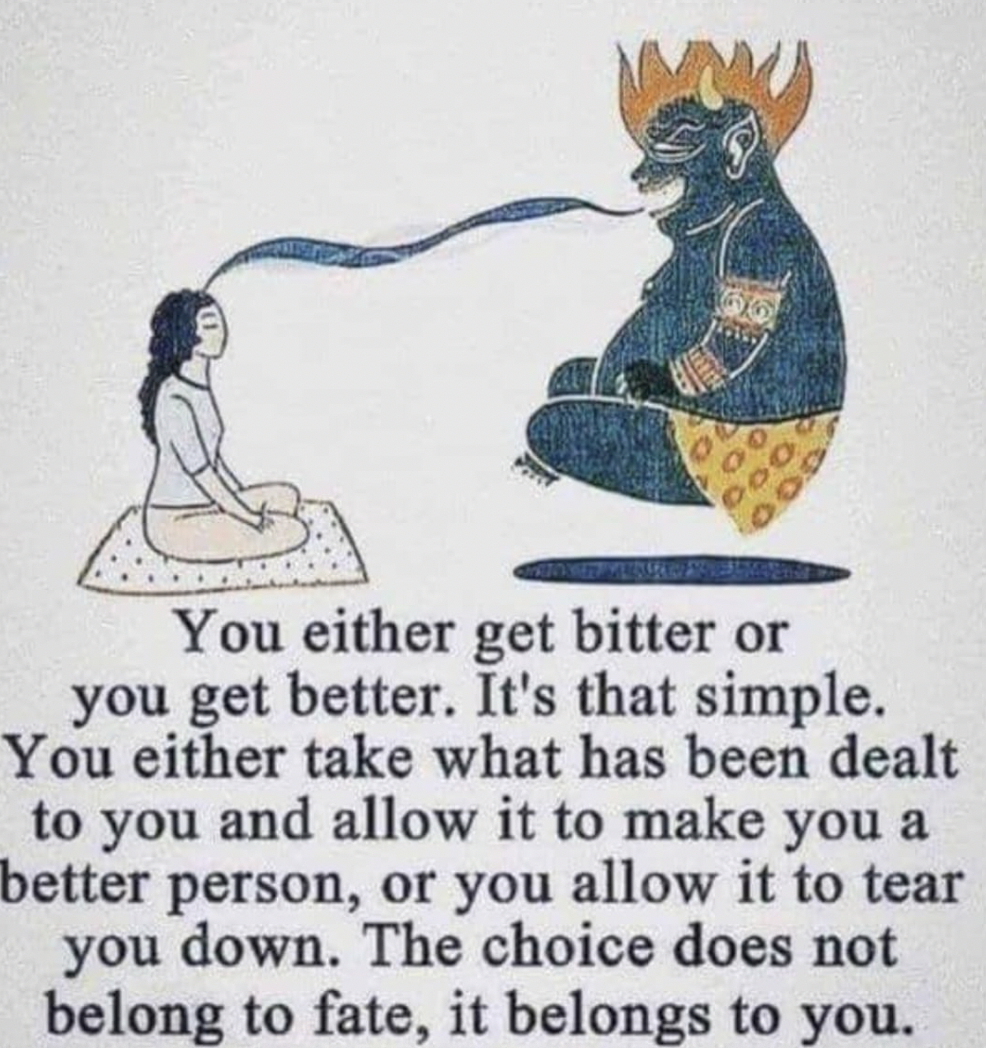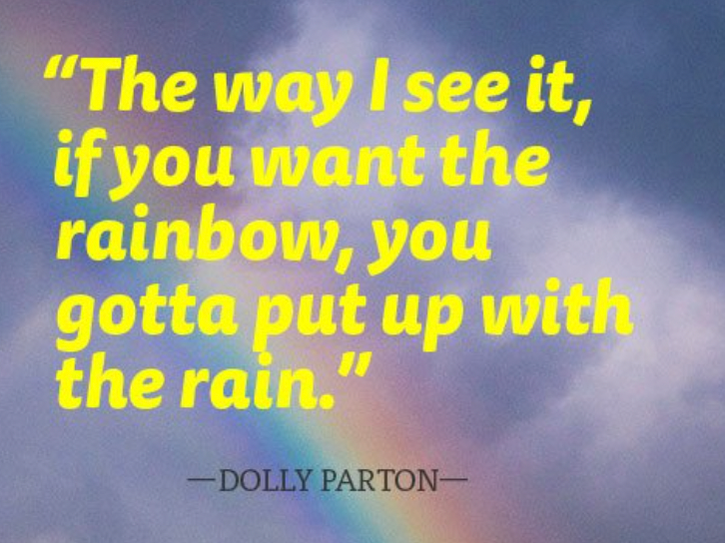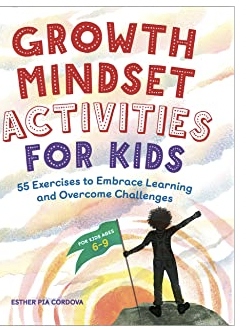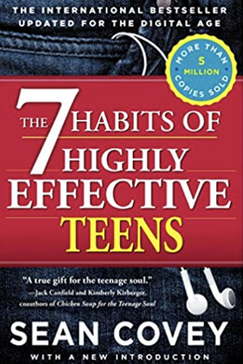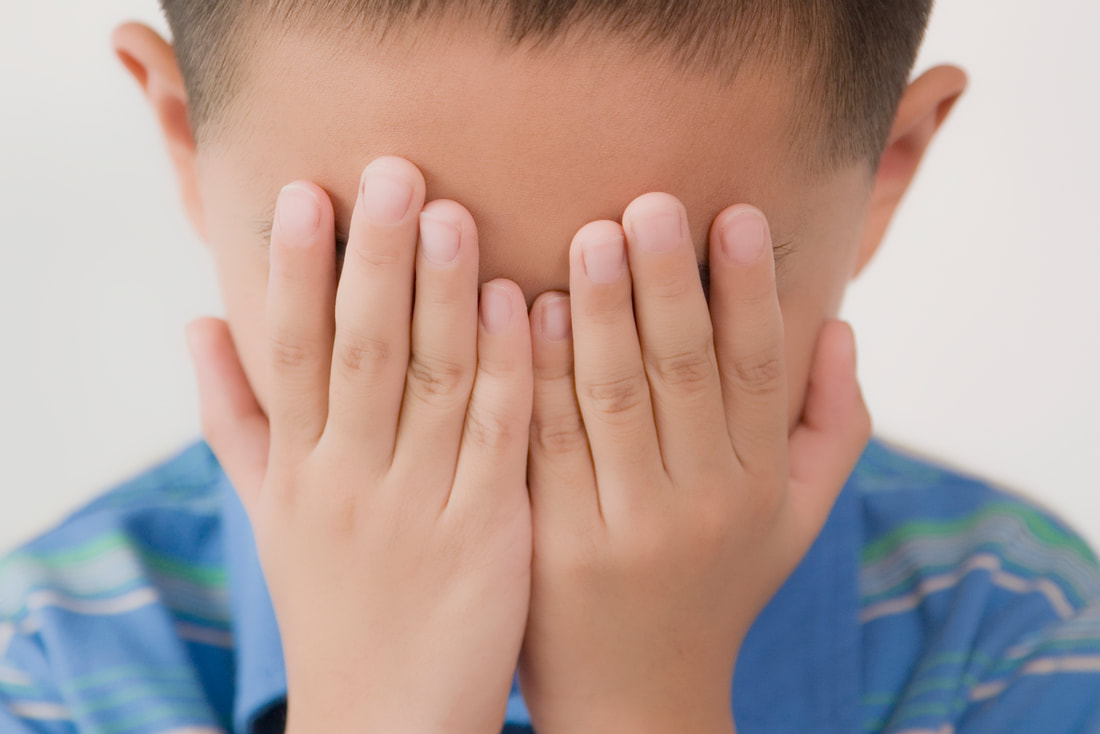Sept/Oct 2021
Another COVID Year in the Schools!
|
What's New in Education The year 2020 brought some exciting new trends in education that are continuing and getting better in 2021. Charlotte Stace, teacher, writer, author gives us a look into what may be the future of education.
Positive Thinking
for Kids! Children ages 6 to 9
Kids who have a growth mindset are comfortable learning new things. This is an activity book that can assist your students in developing the necessary tools of problems solving and critical thinking skills that they need to be successful in the classroom and in life. Many examples are provided and exercises presented that will help your students have a growth mindset. Growth Mindset for Kids includes: 55 Easy activities―From "Color My Brain" to "I Can Empower Myself," these practical activities work for a single child as well as an entire classroom. Kid power―Explore real-life stories about kids using a growth mindset to achieve their goals. Secrets revealed―Get the fundamental basics and benefits of a growth mindset for kids. The 7 Habits of Highly Effective Teens has been updated for digital use. This groundbreaking book is a " handbook to self-esteem and success." Topics such as how to improve self image, build friendships, resist peer pressure, achieve goals and appreciate parents will be explored. Also examined is how to deal with the issues of the digital age that can derail a teen's success. Featured Class: ACEs Adverse Childhood Experiences ACEs
The Impact of Adverse Childhood Experiences Update for the 20-21 school year!!! 3 credit hour Iowa license renewal course Join Us Course Dates: September 15th to October 29th (Registration is open!) Abuse, neglect, domestic violence, and dysfunctional households with substance abuse, mental illness, and even jailed family members are some of the adverse childhood experiences (ACEs) a growing number of our students are trying to cope with and overcome. On top of these challenges, students have to deal with the trauma of COVID-19, The Derecho Storm, and events surrounding the murder of George Floyd. What we now know is that these traumas can have damaging and lasting consequences. The ACE Study that began in the 1990’s and was one of the largest efforts to examine the effects of childhood trauma on future dysfunction, behavior, disease and even premature death. The stress associated with trauma takes its toll on the body and brain and affects learning, behavior and future health. Trauma research indicates a clear connection between traumatic events and deficits in language, communication, problem solving skills, emotional regulation, and forming healthy relationships. Additionally, trauma is connected to increased hyperactivity, impulsivity, aggressiveness and inability to concentrate. As educators, mentors, family members and perhaps victims ourselves, it’s vital that we understand the effects of ACEs. ACEs: The Impact of Adverse Childhood Experiences is a 3 hour Iowa license renewal course that introduces participants to ACEs, the associated risk factors, and keys to prevention and support. How a child’s brain is impacted by trauma, how toxic stress assaults the brain and what experts are saying needs to be done is key to this class. Participants will be able to interact with the ACEs test and evaluate how they not only see themselves but their students as well. Ideas to help educators help kids will be presented along with a message of hope. Organization Course objectives will be met through instructor designed lessons and activities, supplemental readings and videos, discussions & tests. This course is presented in a modified, self-paced format. Participants are expected to access the course and post regularly (at least once a week) and make reasonable progress, but there are no due dates attached to individual assignments. Instead there are 2 absolute due dates (mid-term and the last day of class) to provide flexibility and to better accommodate participants' busy schedules. Course Objectives By the end of the course, participants will... 1. Know the history of ACEs research and the traumas it studies 2. Understand the ACE score is associated with future health and behavior risks 3. Understand how dysfunction develops from ACEs 4. Know how institutions, families, and educators can provide prevention and support 5. Understand the trauma associated with recent events (COVID-19, The Derecho Storm, & George Floyd) and how teachers and parents can and reduce/mitigate toxic stress Course Topics *The history of ACEs *The 10 traumas of ACEs *What is the ACEs Questionnaire? *What are the risks associated with ACEs? *How does dysfunction happen? *How do ACEs connect to future health and behavior? *Institutional/Systemic prevention and support *What educators can do: strategies & resiliency *Current Traumatic Experiences: COVID-19, The Derecho Storm, & George Floyd Grading This is a 3 credit hour Iowa license renewal only course. Grading is Pass/Fail. Students are required to participate in and complete all assignments and/or activities. Participants must earn scores of 80% or better to receive Pass score and receive credit. Required Materials All materials are provided online. |
